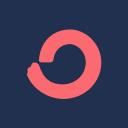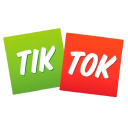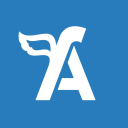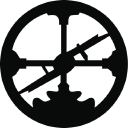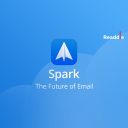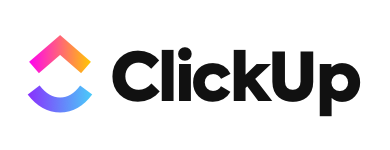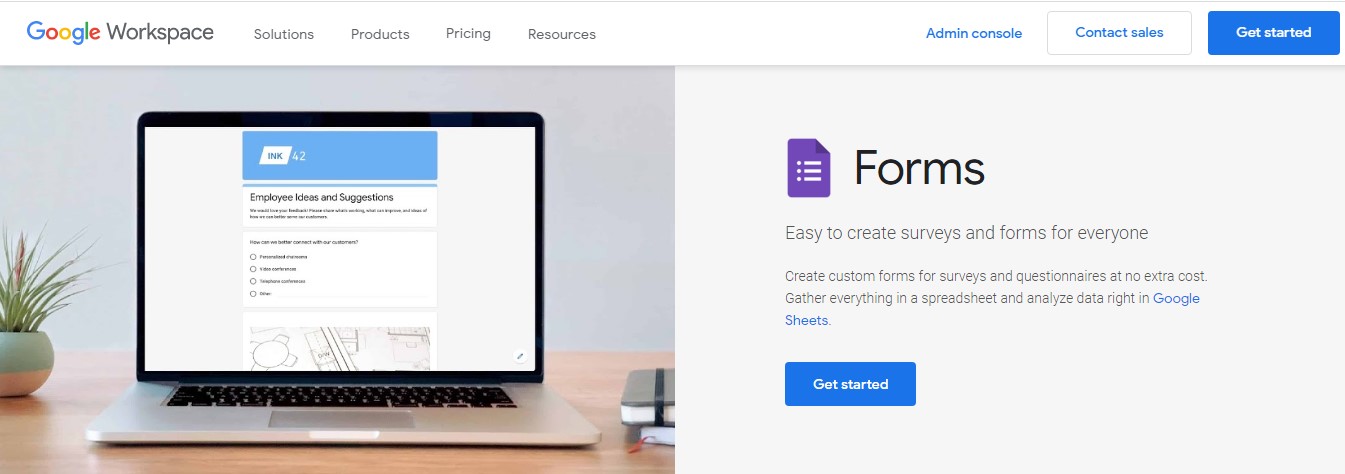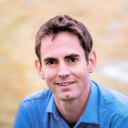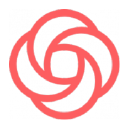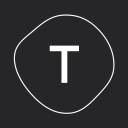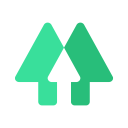How I Went From Software Engineer To Copywriter (And Made $150K In Just 18 Months)
Hello! Who are you and what business did you start?
Hi, my name is Chris (actually Christopher, but only my mom when she’s mad calls me that). I’m the founder and chief conversion copywriter at Conversion Alchemy. We’re a conversion copywriting agency helping 7, and 8-figure SaaS and E-commerce businesses understand their customers, so they can convert more of the right website visitors into excited buyers.
Typically these are companies with anything between 20 and 100-150 employees that have product-market fit but are either hitting a plateau or need to reposition themselves. They're mostly bootstrapped, but we’ve also worked with VC-funded businesses. Annual revenue is anything between $2M and $8M.
We typically work on website copywriting projects. That involves the research, the writing, and the wireframing (layout of the website). Recently we started including UI design, too, as I noticed a lot of clients struggled to find a reliable designer in a reasonable amount of time, after we worked together. We also offer smaller introductory productized services like website teardowns, usability and AB testing, and

